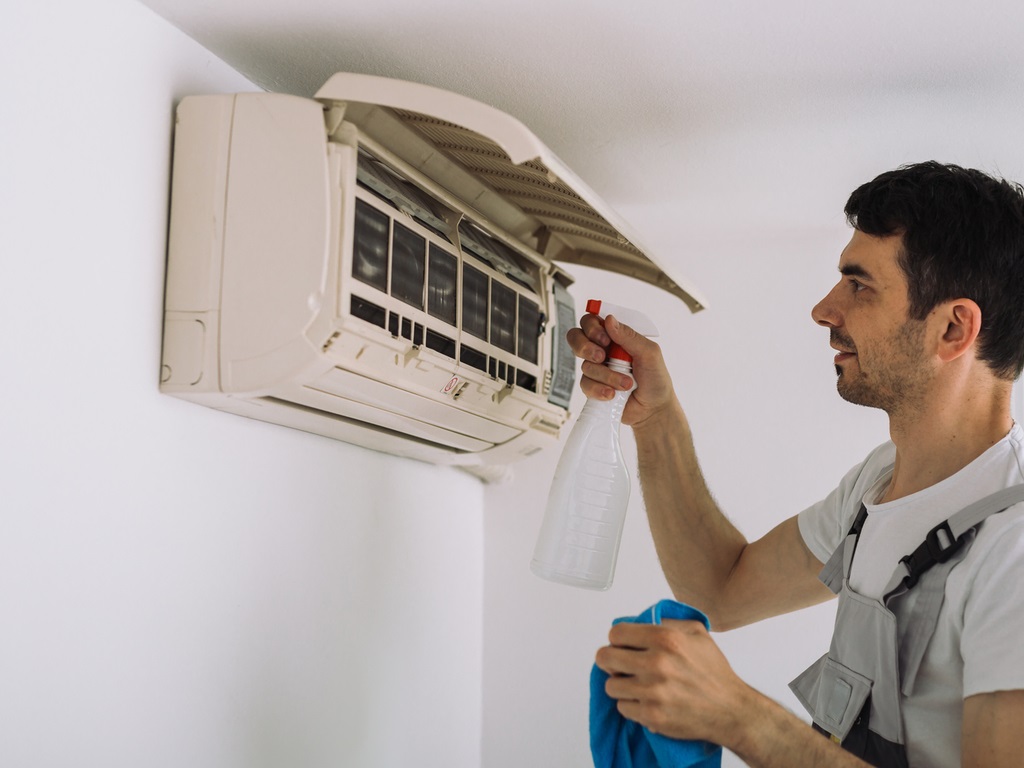Maintaining a comfortable and efficient home environment relies heavily on adequately functioning your Heating, Ventilation, and Air Conditioning (HVAC) system. HVAC maintenance is necessary for indoor comfort and can lead to costly repairs. To keep your HVAC system in top shape, here are maintenance tips that every homeowner should know.
Why HVAC Maintenance Is Important
A well-maintained HVAC system operates efficiently, ensuring optimal heating and cooling performance. Regular maintenance reduces energy consumption, extends the lifespan of your equipment, and improves indoor air quality. By investing time and effort into HVAC upkeep, you not only save money in the long run but also create a healthier and more comfortable living environment.
Change Air Filters Regularly
Clogged or dirty filters restrict airflow, making your system work harder and consuming more energy. Aim to replace filters every 1-3 months, or as the manufacturer recommends, to ensure efficient operation and better air quality.
Clean and Clear Vents and Ducts
Dust and debris accumulate in vents and ducts, hindering proper airflow. Regularly inspect and clean these components to prevent blockages and maintain consistent air circulation. Vacuuming vents and wiping down ducts can go a long way in preserving the efficiency of your HVAC system.
Schedule Professional HVAC Inspections
While homeowners can handle some maintenance tasks, schedule professional HVAC inspections at least once a year. A qualified technician can identify potential issues, make necessary adjustments, and ensure your system operates at peak performance. Regular inspections also help catch minor problems before they escalate into major, costly repairs.
Check Thermostat Settings
Review and optimize your thermostat settings to ensure they align with your comfort preferences and energy efficiency goals. Consider investing in a programmable thermostat to create customized temperature schedules, reducing energy consumption when heating or cooling is unnecessary.
Clean the Outdoor Unit
The outdoor unit of your HVAC can accumulate dirt, leaves, and debris. Periodically clean the area around the outdoor unit and remove any obstructions to facilitate proper airflow. Trim vegetation to maintain a clear space around the unit, promoting optimal performance.
Monitor Refrigerant Levels
Insufficient or excessive refrigerant levels can lead to reduced efficiency and potential damage to your unit. Regularly monitor refrigerant levels and schedule professional assistance if you suspect a refrigerant issue.
Seal Leaks and Insulate
Leaky ducts and insufficient insulation can result in energy loss, forcing your HVAC system to work harder. Seal any visible leaks in your ductwork and ensure proper insulation in key areas of your home. This not only enhances energy efficiency but also contributes to consistent indoor comfort.






